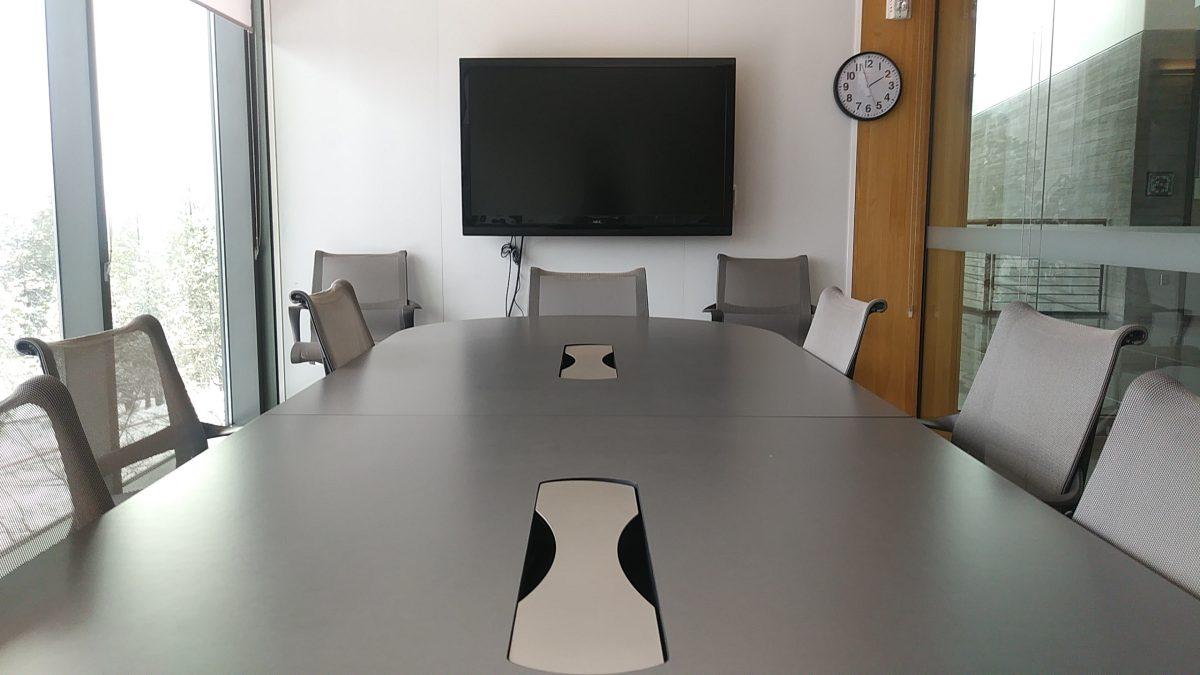Luke Reynolds/The Broadside
With over 35 campus committees at Central Oregon Community College that meet every month, many are missing one thing — the students.
A campus committee specializes in an area or topic that is relevant to the college. They guide decisions relating to their expertise and provide feedback or solutions to issues at hand. For example, the Student Fee Committee oversees the budgeting of student fees and what they should be used for.
Committee members do not get paid for their service and participate as an act of volunteering. Typically, committees gather around twice a month with meetings that last around an hour.
Committees at COCC are comprised of primarily faculty members. However, there has been a gap in membership across the board. At the time of this writing, there are over 28 vacant student committee positions across the 35 committees at COCC.
While about half of the 28 vacant positions are reserved for members of the Associated Students of Central Oregon Community College, or student government, that still leaves many other open positions for anyone on the student body. And, expecting the handful of students involved with ASCOCC to serve on so many committees might be unrealistic.
“There is no way six people can serve on all of these committees,” said Gordon Price, the Student Activities Coordinator.
It’s been challenging to get students interested in campus-related issues, according to Alicia Moore, Vice President of Student Affairs.
“We need to focus on what is important to students,” Moore said.
While the amount of student vacancies has always been in an awkward position, she feels it has only gotten worse due to the overall number of committees. Because of this, conveying a large amount of information to the student body is difficult.
“Students should have a voice,” said Moore, in response to why she thinks student participation on campus committees is important.
Moore thinks students can learn valuable civic leadership skills as well as the structure and responsibilities of a committee by participating. Out of the 35 committees that are available, the ones that are most in need of student positions include the College Affairs, Student Affairs and ASCOCC Advisory committees. In the future, Moore hopes that some committees could be combined to further alleviate the amount of student positions.
“These positions look amazing on applications,” said Julia Russell, the ASCOCC President.
Russell is currently part of two committees — the Academic Affairs committee at COCC, and the Oregon Student Equal Rights Alliance off campus. Russell understands that it is a big ask for students to participate in campus committees. Adding another commitment to balance with school, work and a social life can be difficult for many. Thankfully, there is a degree of flexibility when one joins a committee. Committees will try to schedule around their member’s other priorities, that way meeting is convenient for everyone.
One thing Price, Moore and Russell agree on is to continue to find new ways for students to learn more about campus committees over the coming term. This includes word of mouth, incentivizing rewards for joining (such as gift cards) and setting up an information booth in the Coats Campus Center.
Russell feels it’s important to keep pushing the message out there and to, “engage in conversation” with students to prioritize what they want out of their school.
If you would like to learn more or are interested in joining a campus committee, please contact Alicia Moore at [email protected]














